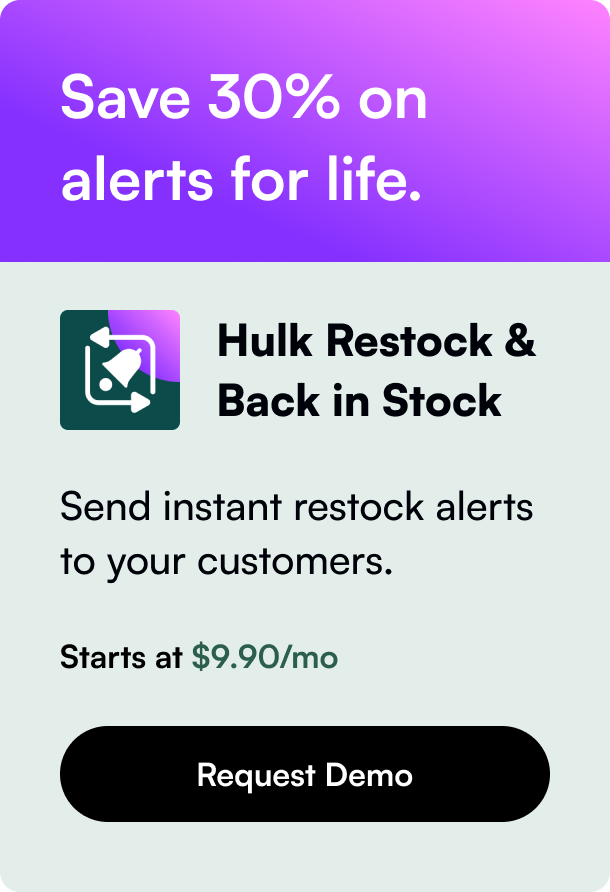Table of Contents
- Introduction
- Choosing an Ecommerce Platform: A Significant Business Decision
- Conclusion: There's No One-Size-Fits-All
- FAQs: Addressing Common Inquiries
Introduction
The quest to find the ultimate ecommerce platform often leads to the comparison of three of the industry giants: Shopify, WooCommerce, and BigCommerce. Each of these platforms boasts unique features and attributes that cater to various business needs, making this a critically important decision for aspiring and established online store owners alike.
When analyzing the top-ranking content, it's evident that the choice between Shopify, WooCommerce, and BigCommerce is influenced by a range of factors, including pricing, user-friendliness, customization options, security considerations, and scalability potential. So, let's dive into a detailed analysis to uncover which platform might just take the crown.
Choosing an Ecommerce Platform: A Significant Business Decision
The selection of an ecommerce platform can significantly impact your business’s online presence and growth potential. As such, this decision should be approached with careful consideration of several pivotal aspects.
Key Factors for Consideration
- Scalability: Your platform should grow with your business, accommodating increased traffic and more complex operations without hassle.
- User Experience (UX): A straightforward and enjoyable shopping experience is crucial for attracting and retaining customers.
- SEO and Marketing: Robust SEO features and marketing integrations can dramatically boost your store's visibility and customer reach.
- Customization: Flexibility in design and functionality ensures that the platform can adapt to your brand's unique requirements.
- Security: Strong security measures are imperative to protect sensitive customer data and maintain consumer trust.
The Contenders at a Glance
- Shopify: Known for its out-of-the-box ease of use and impressive app integrations, Shopify is a choice favored by many newcomers to ecommerce.
- WooCommerce: As a WordPress plugin, WooCommerce offers extensive customization and control, ideal for those with some technical expertise.
- BigCommerce: Offering a balance between ease-of-use and advanced features, BigCommerce caters to a wide range of businesses, from small startups to large enterprises.
Platform Perks and Pitfalls
Each platform has its unique strengths and drawbacks:
Shopify
- Pros: Extremely beginner-friendly, extensive theme selection, and a vast app marketplace.
- Cons: Can become costly with additional app subscriptions, and has less granular customization due to its proprietary nature.
WooCommerce
- Pros: Highly customizable, seamless integration with WordPress, robust community support.
- Cons: Requires more hands-on management and can have a steeper learning curve for non-tech-savvy users.
BigCommerce
- Pros: Built-in features suite for marketing and SEO, no transaction fees, scalable.
- Cons: Could have a less intuitive backend compared to Shopify and potential limitations for hyper-specialized customization.
Choosing Based on Business Size and Goals
-
Small businesses and startups might prefer Shopify for its easy setup and straightforward maintenance, allowing owners to focus on growing their brand.
-
Businesses with a strong technical background or those that heavily rely on content marketing may be best served by WooCommerce, given its WordPress integration.
-
Mid-sized to large businesses looking for a compromise between built-in capabilities and scalability might find BigCommerce to be the most advantageous.
Conclusion: There's No One-Size-Fits-All
The supremacy battle between Shopify, WooCommerce, and BigCommerce doesn't yield a universal winner. Each platform shines for different business models, sizes, and visions. The "best" platform is the one that not only addresses your immediate operational needs but also aligns with your long-term growth strategies.
By considering the discussed factors and recognizing your specific business dynamics, you'll be equipped to make an informed decision that fosters the development and prosperity of your online store.
FAQs: Addressing Common Inquiries
How does platform choice affect mobile users?
All three platforms offer mobile-responsive themes. However, the fluidity of the mobile experience may differ based on theme selection and site customization.
Can I migrate from one platform to another?
Yes, it is possible to migrate your store from one platform to another. Be mindful that the process may involve technical intricacies and potential data restructuring.
Is it viable to run an online store without technical expertise?
Platforms like Shopify and BigCommerce cater to users with limited technical skills, offering intuitive dashboards and customer support for assistance with store setup and management.
How much should I expect to spend on my ecommerce platform?
Initial costs can vary significantly based on platform plans, extensions, or themes you choose. Always calculate the potential long-term costs, including additional apps or customization needs.








